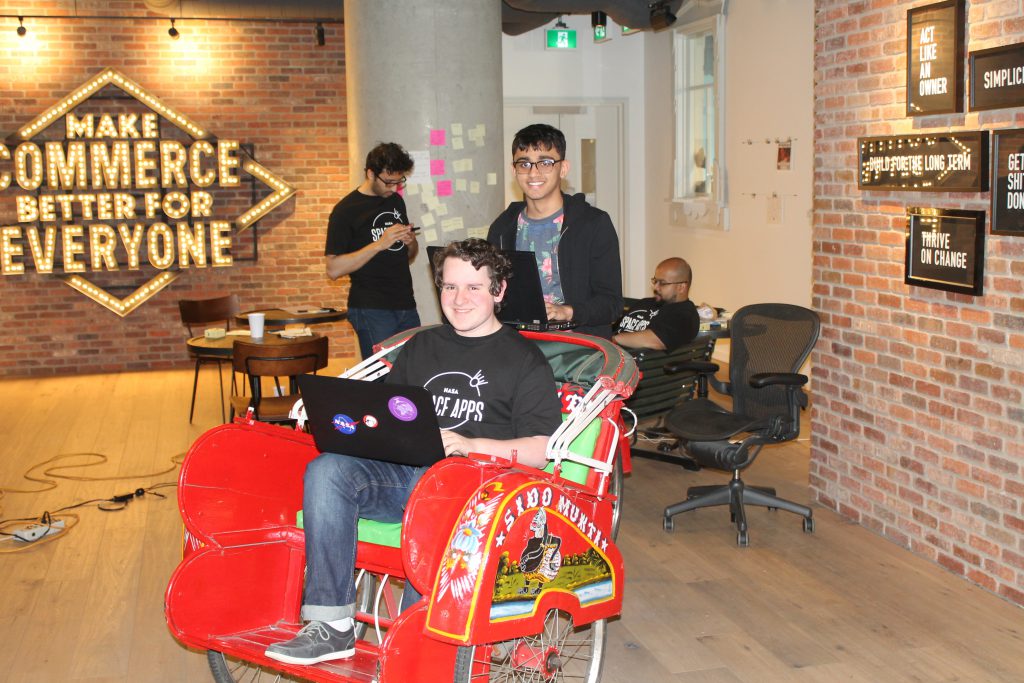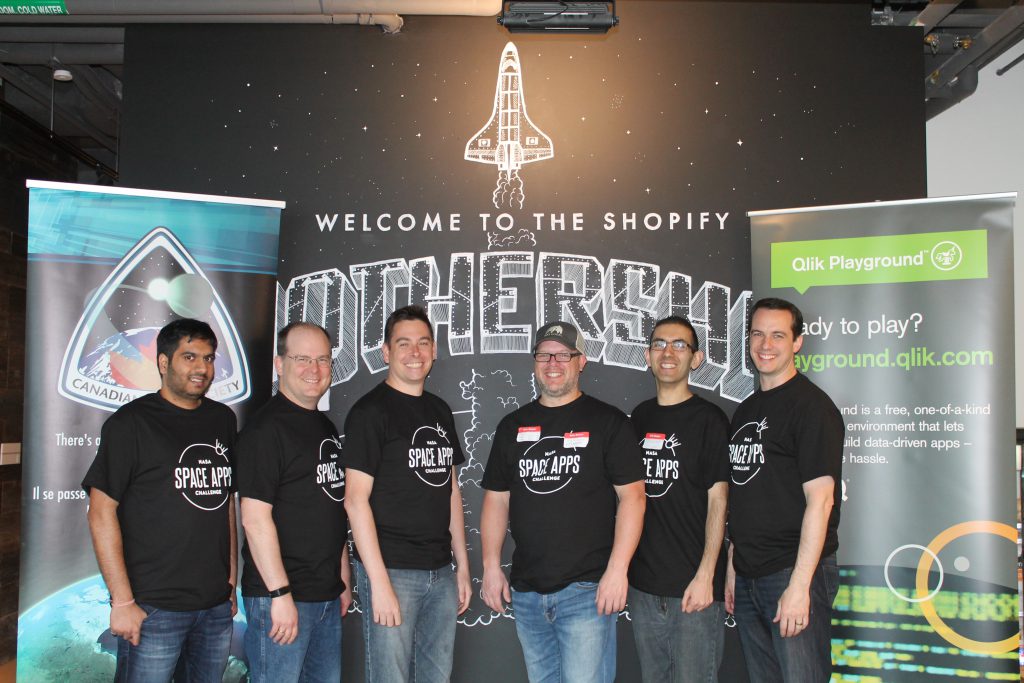Deploy Solutions is proud to be a continued Ottawa organizer of the seventh Ottawa version of the NASA International Space Apps Challenge hackathon, which is the local version of the global (and highly popular) NASA International Space Apps Challenge. That event is now celebrating 11 years!
This FREE and entirely VIRTUAL event will run from October 7 and 8, 2023. The weekend hackathon provides a fun and creative introduction to the world of open source and space industry projects.
The solutions to the challenges rely on publicly available open sourced data from NASA, the Canadian Space Agency, and ten other international space agencies and organizations.
This year’s event will once again be held virtually in Ottawa. Find out more, including how to register, at https://www.spaceappsottawa.com.








